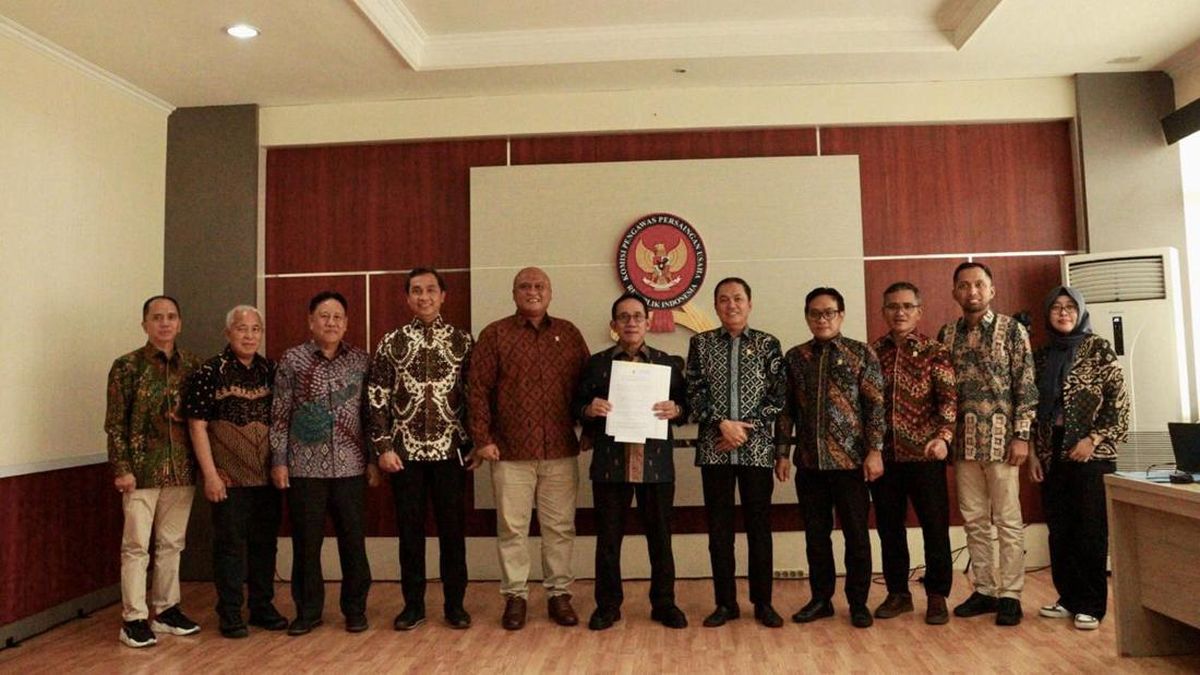Opinion
September 23, 2025 — 7.30pm
September 23, 2025 — 7.30pm
This week, the Trump administration made headlines again by suggesting a causal link between autism and paracetamol use in pregnancy and promoting leucovorin as a potential treatment. But let’s be clear: there is no scientific consensus behind either of these claims.

Trump has made incorrect claims about the link between paracetamol and autism. Credit: AP
Once again, autism is being used as a political football in a game that leaves families, health professionals and the public misinformed and misled. While we don’t know the exact cause of autism, one thing is certain: science should drive public health decisions, not politics or panic.
To answer the obvious question: no, paracetamol – or acetaminophen – doesn’t cause autism. There is no proven causal link of its use in pregnancy and autism. Some observational studies have found associations between higher paracetamol use during pregnancy and later autism diagnoses in children. Importantly, the evidence only suggests an association, not causation.
Pregnant women who use more paracetamol may be doing so because of other factors. These women are at higher risk of chronic health conditions, infections, and fevers, many of which are themselves known risk factors for neurodevelopmental conditions.
In fact, some researchers have raised the possibility that paracetamol might even be protective in some cases, by reducing the impact of fever on foetal development. To remove a widely-used medication like paracetamol from the table without strong evidence is irresponsible.
Loading
Alarmist claims can cause unnecessary anxiety and confusion for parents, especially during pregnancy – a time already beset by natural worries. Women deserve better than headlines that stoke fear: they deserve clear, evidence-based guidance from medical professionals, not politicians.
As Australia’s Therapeutic Goods Administration stated recently, no regulatory body has found evidence sufficient to change current medical advice around paracetamol use in pregnancy. Pregnant women should consult their healthcare providers before making any changes to their medication use. Panic-led decision-making can carry real risks for both mother and baby.
The second part of the Trump announcement – promoting leucovorin as an autism treatment – is equally premature. Yes - there have been some small studies investigating leucovorin. Some show mild benefit in developmental outcomes, while others raise concerns about potential side effects. These studies are preliminary, limited in size and inconsistent in results. Even their authors urge caution.
We’re a long way away from conclusive evidence that leucovorin is safe, effective, or ready for wide-scale use. Fast-tracking FDA approval based on this shaky foundation is not responsible public policy. It’s yet another example of rushed endorsements of treatments (hello, ivermectin) that ultimately undermines trust in medical systems. We’re seeing a familiar pattern: quick fixes for complex conditions.
Loading
Autism has a long history of being used to sell “miracle” treatments and supposed cures. Families who are understandably desperate for help have been targeted for decades by marketers and politicians offering simple solutions to complex realities.
Autism is a neurodevelopmental condition, diagnosed based on differences in social interaction, communication and behaviour, but most children with autism also have overlapping support needs. These include cognitive challenges, anxiety, attention differences and sensory processing issues. What helps these children and families isn’t pseudoscience or political proclamations, but evidence-based early intervention that improves long-term outcomes for children, supports families, and reduces future healthcare and social costs.
Good quality early intervention improves academic outcomes, social-emotional development and family wellbeing. It reduces mental health risks and self-esteem down the line and delivers excellent return on investment – not just economically, but socially.
The frustrating truth for researchers like me is that autism research has been chronically underfunded, creating a vacuum where misinformation thrives. If governments truly want to help children and families, they need to fund robust scientific research, not chase headlines or prop up half-tested treatments. They need to invest in interventions that give every child the best chance to thrive, rather than laying blame on mothers or pinning hopes on unproven theories.
As we’ve seen before, autism is too often used as a punching bag, but it should be politically off-limits. It’s a real, complex condition that requires serious policy, funding and care.
At the end of the day, science matters. It matters for women trying to manage their health during pregnancy, for families navigating an autism diagnosis. For every policymaker, doctor, and voter. Misinformation may win headlines. But only evidence will deliver real change.
Professor Adam Guastella is an expert in autism and the Chair of Child and Youth Mental Health at the University of Sydney’s Brain and Mind Centre.
Most Viewed in National
Loading


















































